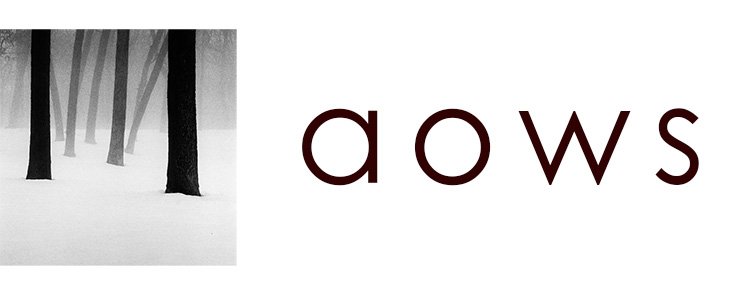Nature was the reason why I got started in photography. The beautiful landscapes of Oregon awakened my senses, and I felt like I had to create something with what I was seeing, hearing and smelling. For a long time, that was what drove my photography.
Even though I was documenting my everyday life with photographs as well, I never thought of those moments as situations where I could create art. They were just snapshots.
i was wrong
I was wrong. Very, very wrong. Any moment, any situation, no matter where you are, no matter what you are doing, is a good moment to create art. I shot the image above while I was writing this post, from the window in my bedroom.
no limits
Not just that, but anything could be worth of your attention. Why limit yourself to a tiny subset of the world, when there are so many interesting things to photograph everywhere?
just try it
Sometimes, all it takes is to try it. Before judging a place or an object worthy or unworthy of a photo, just put your camera up to your eye and try it. Walk back a little and show the whole scene, or get close and look for the details. Try to find the beauty in everything.
everything photographer
Going from landscape photographer to everything photographer was one of the most profound changes I made to my photography. It opened a whole new world of imagery for me, but also showed me that I could do photography at anytime, anywhere. I didn't have to wait to go anywhere, I could do right at home.
all photography is practice
All photography is practice. The more we practice, the better we get. And because we don't control most of what happens outside, the more we get out, the more chances we have to make great images.
some ideas to shoot more photos of anything
- always carry a camera with you
- take at least 25 photographs every day. go through them at the end of the week (Sundays, for example), keep only the ones you like
- try to notice one new thing every day, in a familiar place. photograph it
- don't label yourself: don't think of yourself as a landscape photographer, a street photographer, an anything photographer. give yourself license to shoot whatever you want. you are a photographer, period. no labels
- not inspired? never forget: inspiration comes from action
- don't overthink your compositions and shoot in P mode. focus on what matters, the feeling you are trying to capture / share
- even when you go somewhere on a photography trip, don't wait until you get to the location. start taking photos right away, even before you leave the house. that will get the ball rolling and will be hugely beneficial for your trip
don't stop
The most important step is also the hardest: don't stop.
Photography is a long-term game - it takes a long time (perhaps a lifetime!) to have a portfolio full of good images.
But it's a game we must play as often as we can. Showing up every day will give us a much better chance to create what we want.








